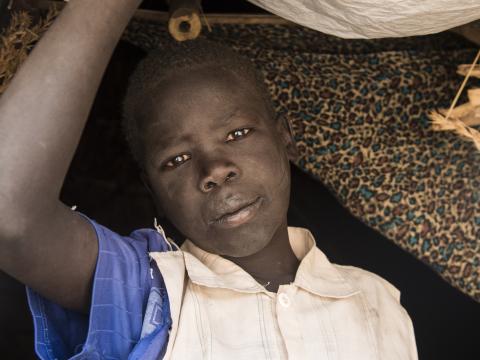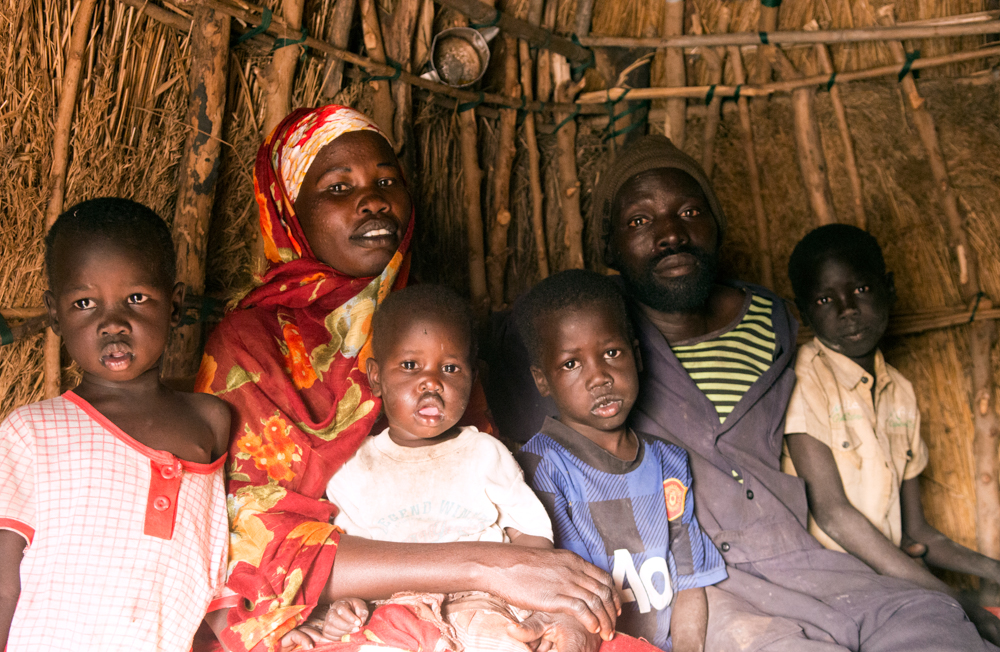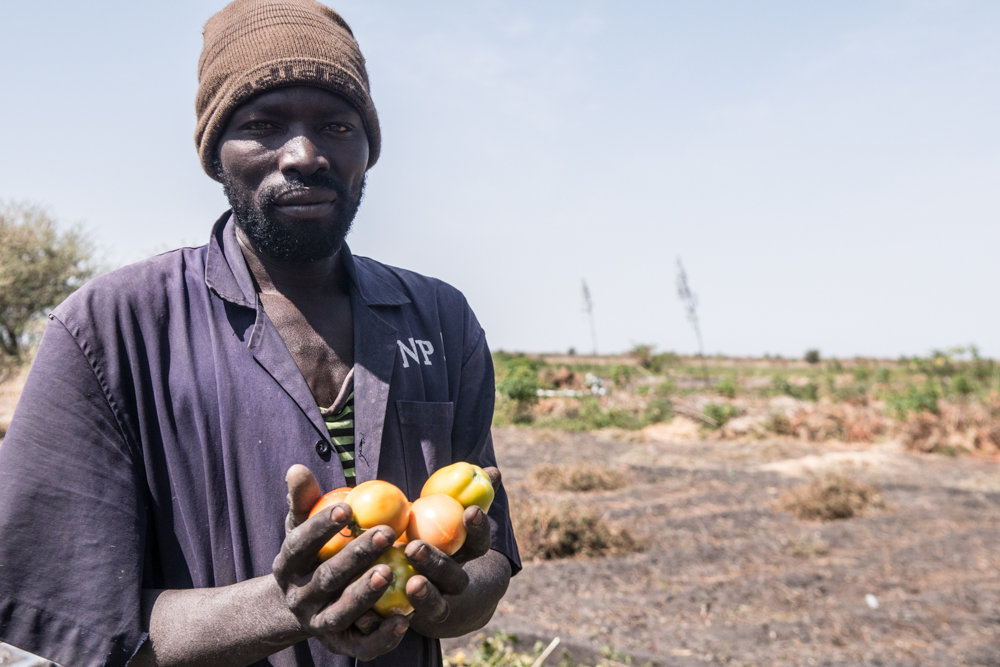Seeds of Education

Eleven-year-old Chok is a little shy, but if you ask him about school, he will gladly tell you he is one of the top students in his class. His thoughtfulness and fluent English seem to back up his claim.
His parents recently began earning enough income again to send him back to school in Melut, a town along the Nile River in northeastern South Sudan. They settled there after fleeing their hometown of Malakal, when warring factions overtook the city in 2014.
Chok and his family are among more than 1.5 million South Sudanese displaced internally by the civil war. Another 507,000 people have fled to neighboring countries since the conflict erupted Dec. 15, 2013.
It has been a long, trying experience.
But the compassion of friends and strangers alike has given Chok's family some hope in the midst of ongoing, armed conflict and a daily struggle to make ends meet.
“We left with nothing,” says Jumar, Chok’s stepfather. “Many people lost their lives, and there is still fear in my heart. We can’t go back. We don’t know what will happen.”
Rather than flee the country or seek safety in a U.N.base, they settled in Melut, where a friend let them live in his house, while he took refuge across the border in Sudan.
“He gave us this home and everything in it,” Jumar says, pointing to the thatched hut that he is sitting in.
That made life a little easier, but the family relied on generous neighbors who shared their food so the family of seven could stay alive. Some days there wasn’t enough to go around, and Chok, his parents, and four siblings went hungry.
His parents couldn’t afford to send him to school, so to stay busy, Chok did chores, such as collecting water for the family.
“We are survivors,” says Chok’s mother.
The family’s outlook changed for the better when World Vision came to help the Melut community.
Responding to the effects of the conflict, the organization drilled a water well nearby to provide Chok and neighbors with access to clean drinking water, which also helps water gardens. Local staff gave Jumar tomato seeds and farming tools to help him earn income for food and other necessities.
He cultivated the plants on a small plot of donated land. The produce is not a lot, yet, but it provides some food for the family while earning about U.S.$4 a day.
“It’s not easy,” Jumar says. “It depends on the customers and what we are able to produce.”
But they have reasons to hope. Chok’s parents can now provide at least something for their family, including an education for their astute 11-year-old.
“When I grow-up, I want to be a doctor so that I can help my young brother when he is sick,” Chok says.
Originally published as 'Help leads to hope in conflict weary north', World Vision Magazine, March 5, 2015

